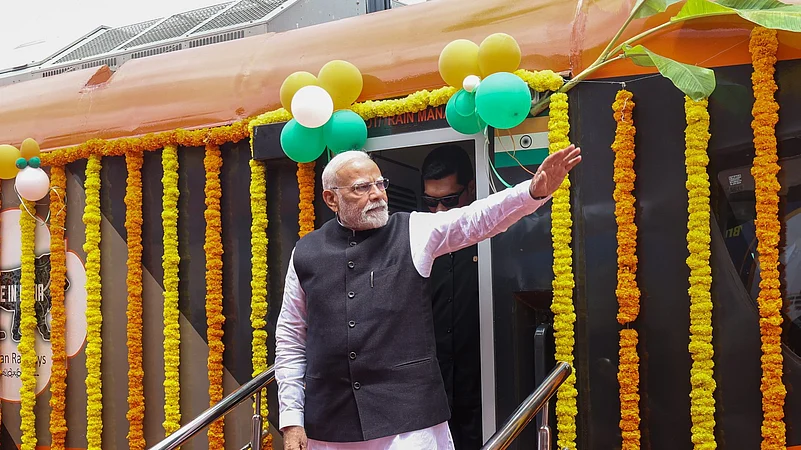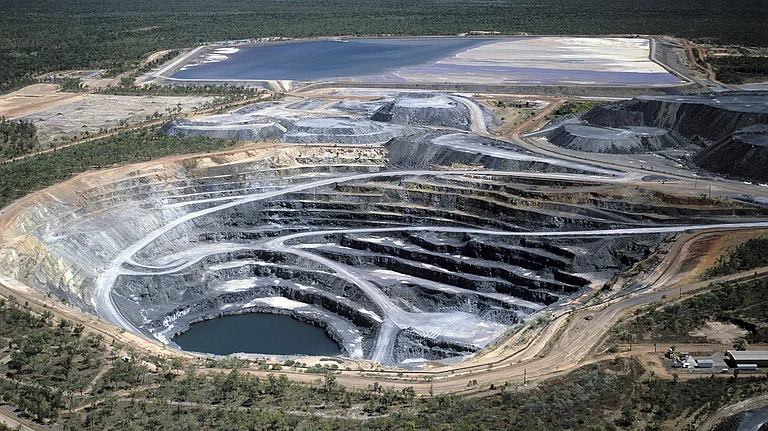
Prime Minister urged self-reliance in fertiliser production by promoting judicious use and boosting domestic output
Highlighted concern over high import dependence in fertilisers, which drains foreign exchange
Called on farmers to protect soil health by avoiding indiscriminate fertiliser use
Urged youth and industry to innovate and produce fertilisers domestically to meet local needs
Prime Minister Narendra Modi on Friday gave a clarion call on becoming atma-nirbhar (self-reliant) in fertiliser production through judicious use of crop nutrients by farmers and enhancing domestic production to cut imports.
Expressing concern over import dependence in the fertilizer sector which results in the outgo of foreign exchange, Modi urged farmers to use fertilisers judiciously, which will not only protect soil health but also curtail our domestic requirements.
India import urea as well as phosphatic and potassic (P&K) fertilisers to meet its domestic requirements.
Addressing the nation on India's 79th Independence Day, Modi said it's "unfortunate" that India is dependent on fertiliser imports from global markets.
Farmers can also protect soil health through judicious use of fertilisers, he said, adding that "indiscriminate use of fertilisers are damaging our soil".
That apart, Modi called upon youth and industry to make India self-sufficient in fertiliser sector by enhancing domestic production for adequate supplies.
"We should innovate and produce fertilisers as per our needs. We should not be dependent on others," he added.
India imports fertilisers in large quantities to meet local demand.
The government provides huge subsidies to ensure that farmers gets urea, DAP (di-ammonium phosphate) and other fertilisers at a reasonable rates.
India's urea import stood at 56.47 lakh tonnes in 2024-25 as against 70.42 lakh tonnes in 2023-24.
Imports of DAP, a key fertiliser, stood at 45.69 lakh tonnes in 2024-25 fiscal as against 55.67 lakh tonnes in 2023-24.
The Centre provides urea to farmers at a Maximum Retail Price (MRP) of ₹242 per bag of 45 kg bag (exclusive of charges towards neem coating and taxes as applicable).
The difference between the MRP and the production cost is given as subsidy to the urea manufacturer/importer.
Urea production increased from 225 lakh tonnes during 2014-15 to a record 314.07 lakh tonnes during 2023-24. During 2024-25, 306.67 lakh tonnes of urea was produced in the country.
In case of non-urea fertilisers, the Centre has implemented Nutrient Based Subsidy (NBS) policy for phosphatic and potassic (P&K) fertilisers with effect from April 2010.
Under this, a fixed amount of subsidy, decided on an annual/bi-annual basis, is provided on notified P&K fertilisers depending on their nutrient content. The P&K fertilisers are covered under Open General License (OGL), and companies are free to import these fertilisers as per their business dynamics.
The government's fertiliser subsidy stood at ₹1,77,129.50 crore in 2024-25 fiscal.




























